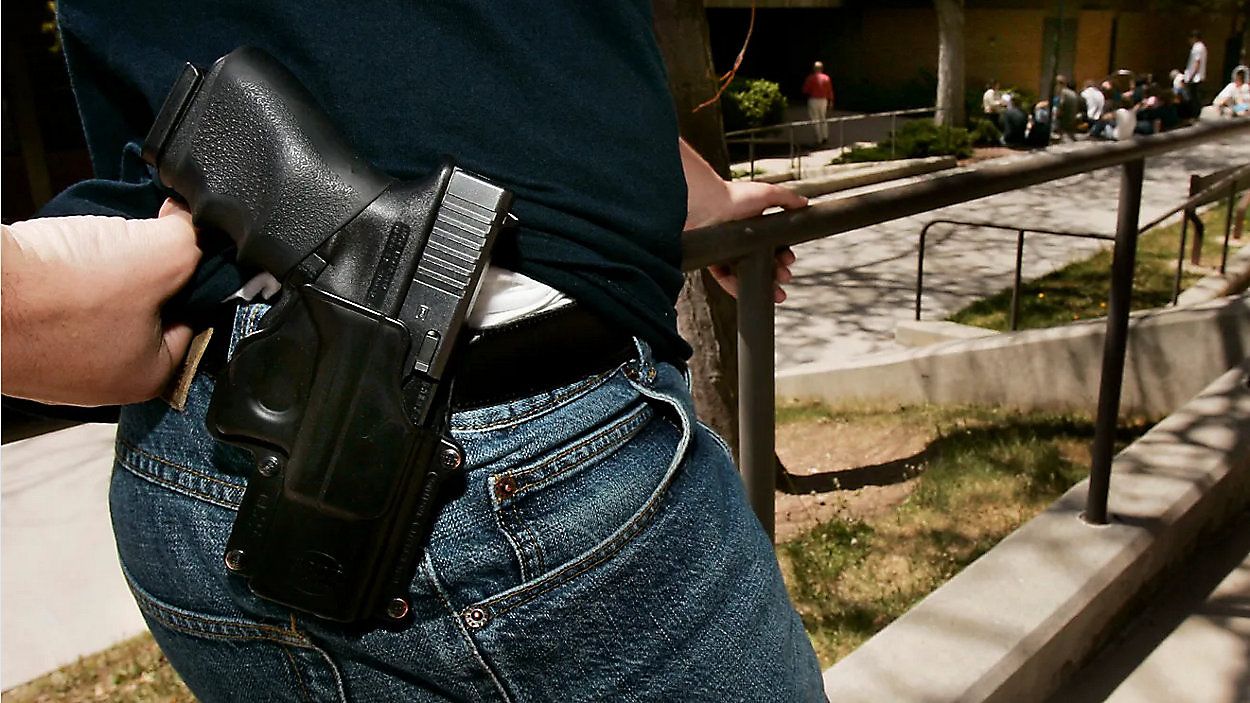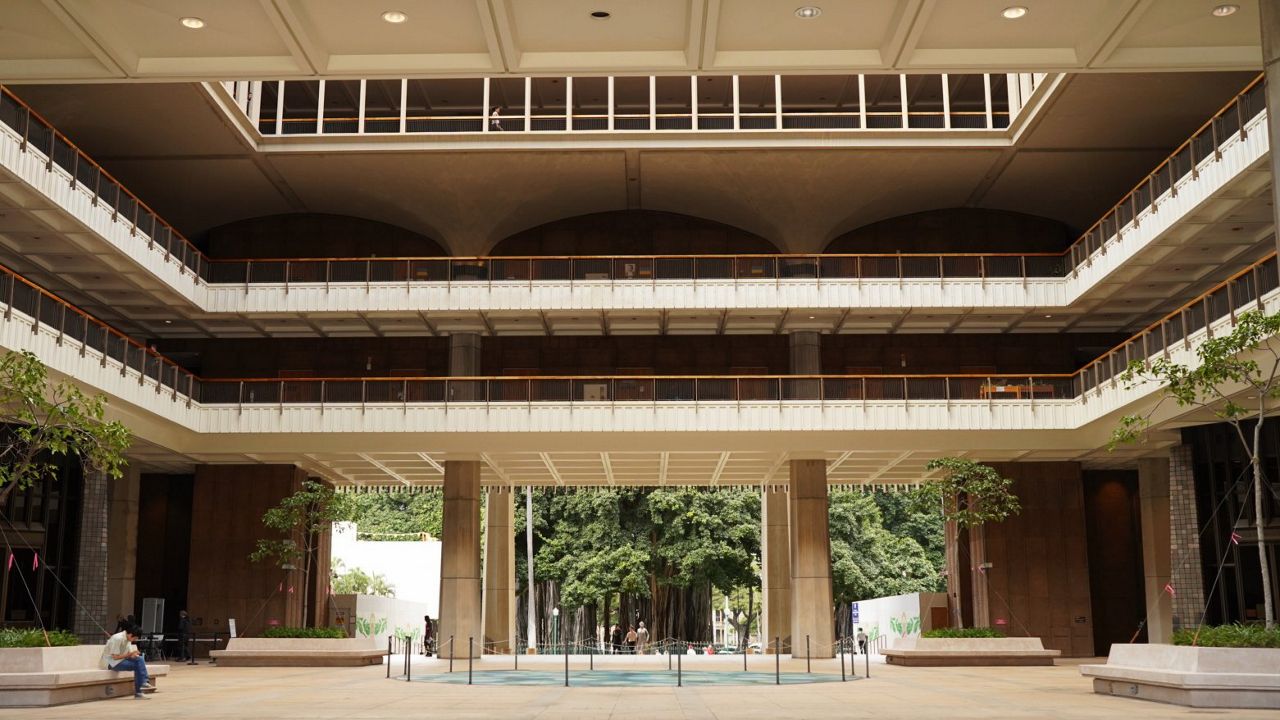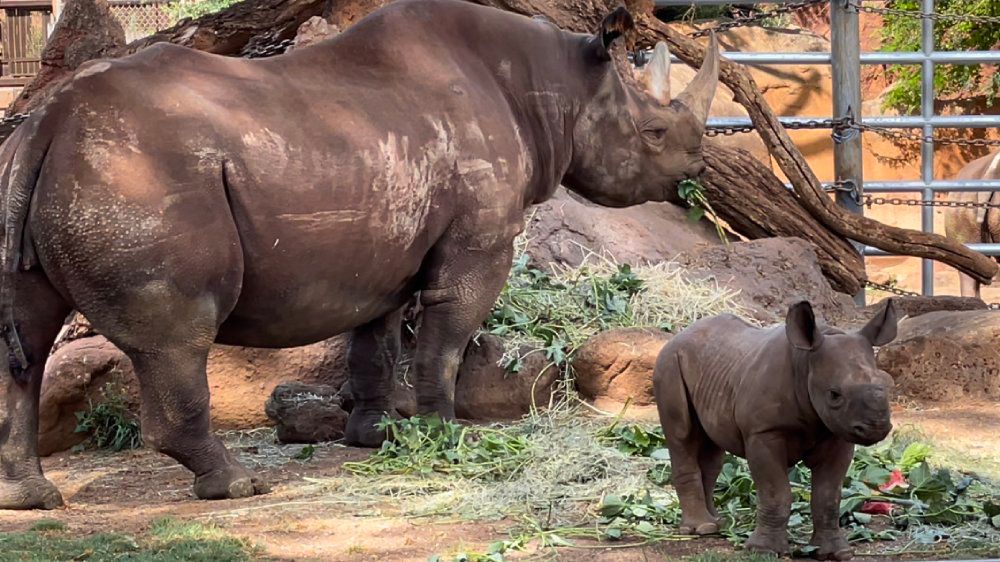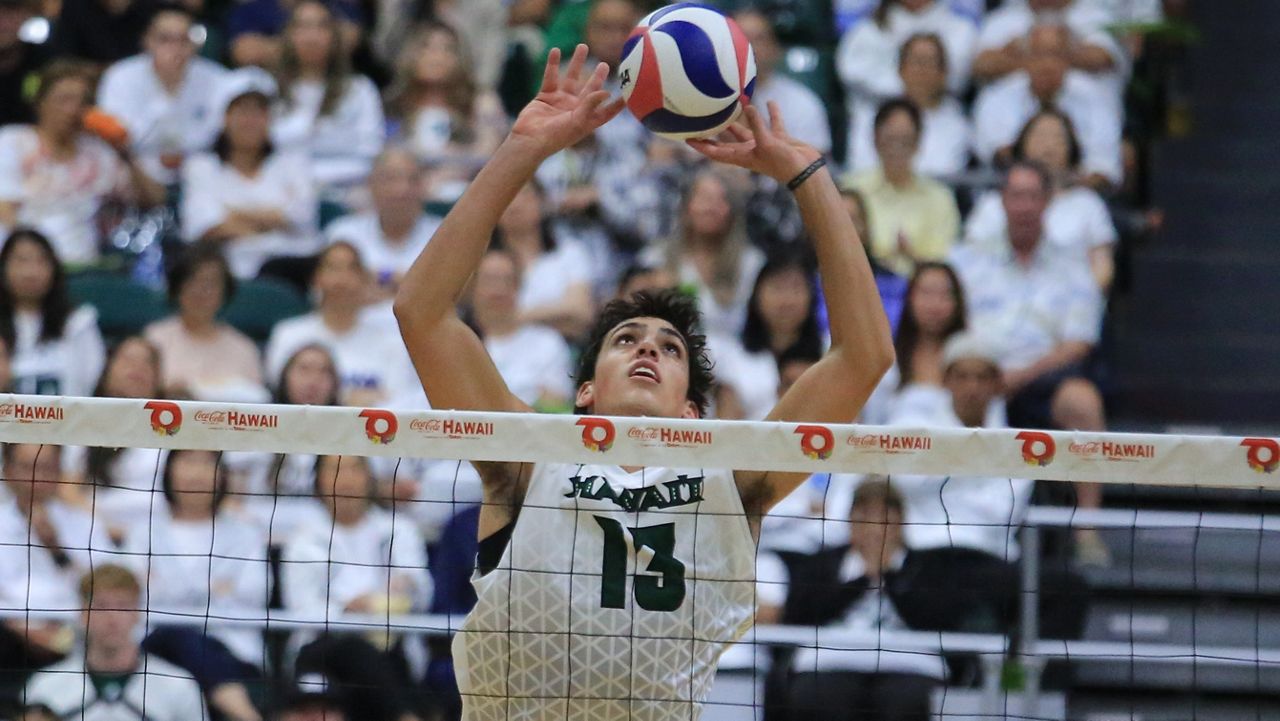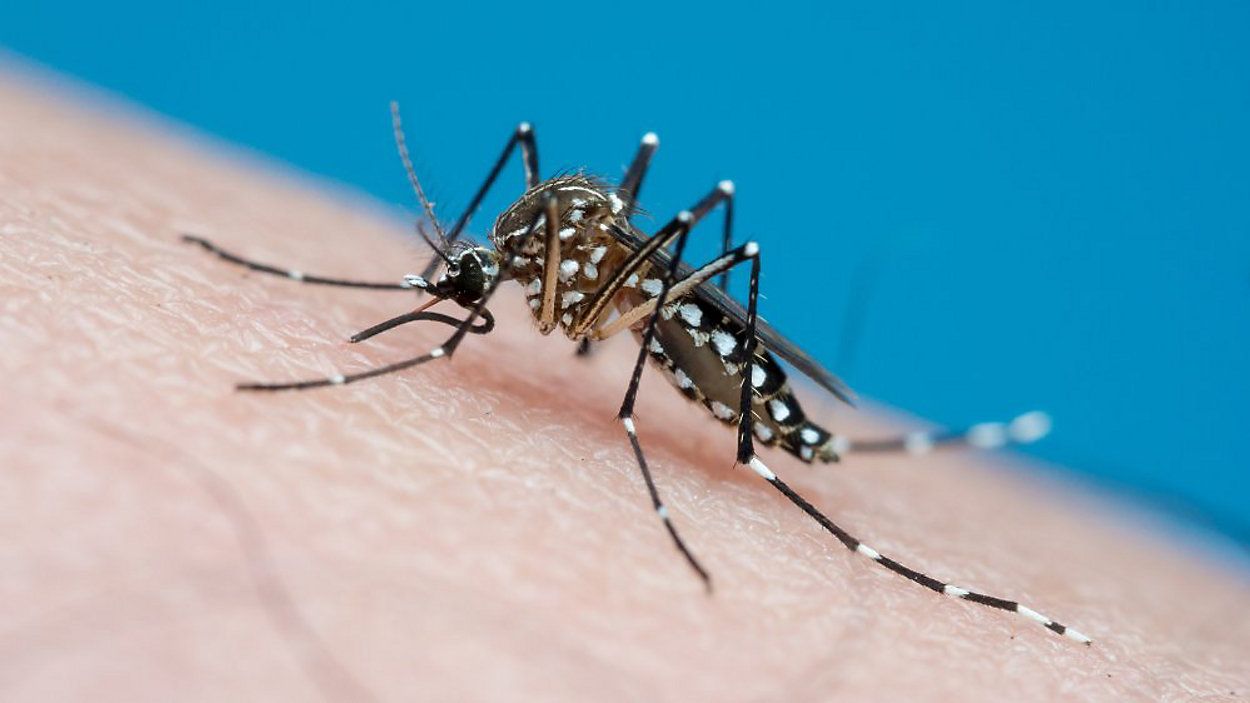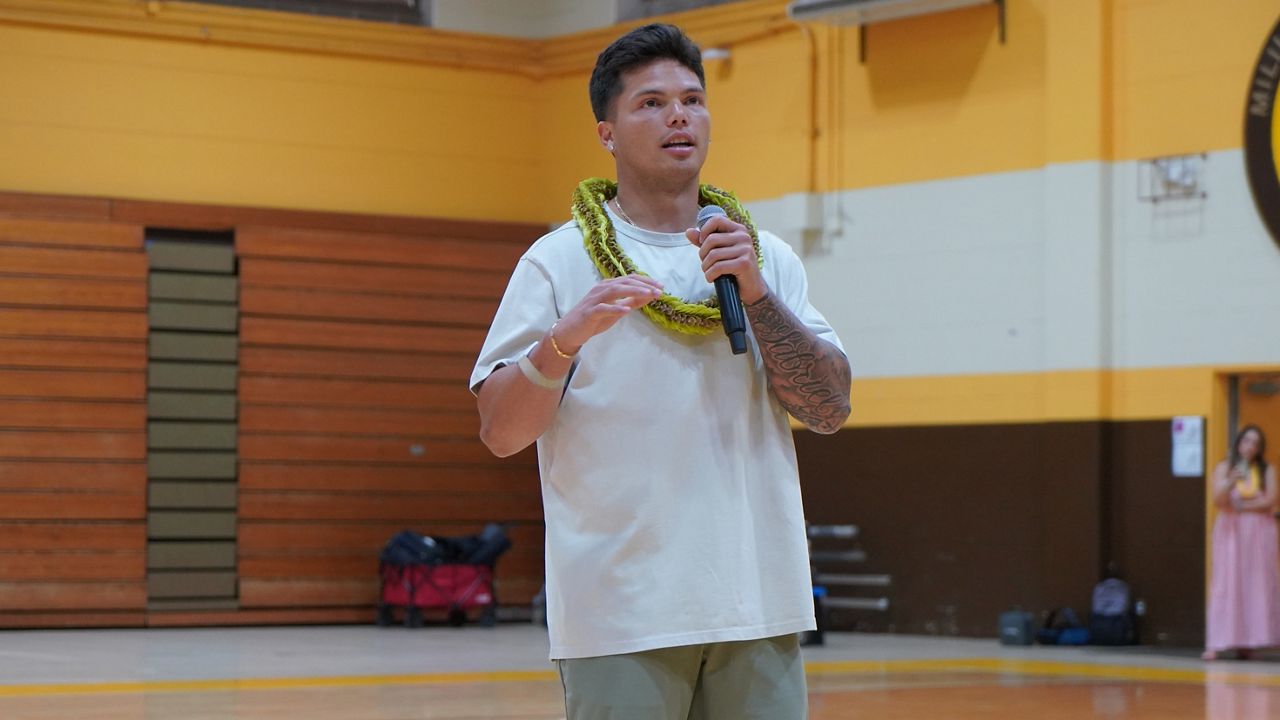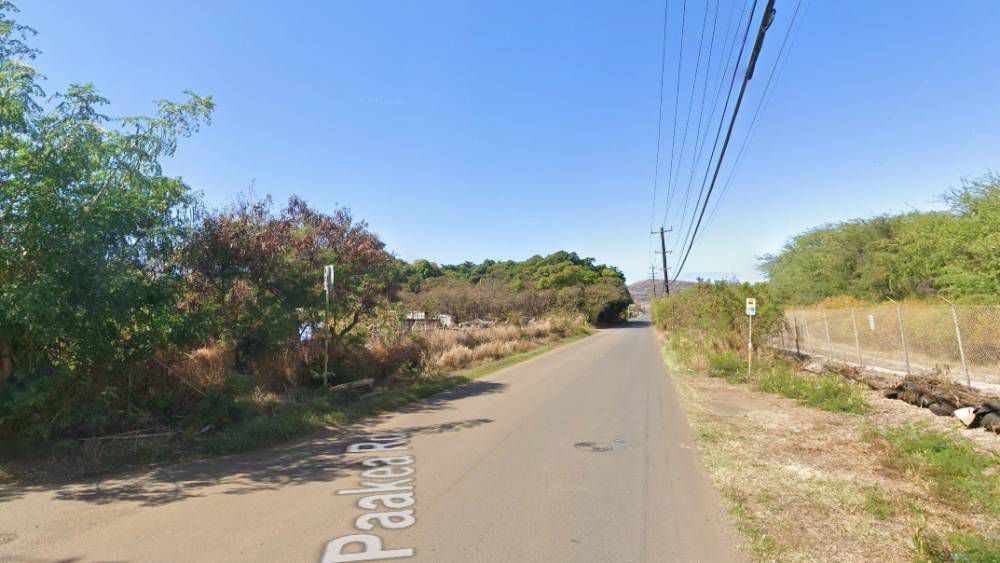As of the end of 2024, some 2,207 Hawaii residents held an active license to carry a concealed handgun in public, according to a new report released Wednesday by the state Department of the Attorney General.
Data for Licenses to Carry Handguns in Hawaii, 2024, was compiled from each of the four counties, in accordance with state law. The report was prepared by Paul Perrone, chief of research and statistics.
As expected, Honolulu tallied the highest overall number of LTCs with 1,356 total active licenses. Hawaii County (425 licenses) was second, followed by Kauai County (243) and Maui County (183).
Out of 2,697 total LTC applications, 2,456 licenses were granted and 119 denied. Some licensees hold multiple LTCs. Six LTCs were revoked during the year.
Honolulu accounts for 69% of the state’s total population of residents age 20 and older but just 0.18% of that total hold LTCs. In contrast, Kauai has 5.1% of the state’s population of residents aged 20 and older, but 0.43% of that population hold LTCs.
In 2024, LTC holders were most commonly male (91%), in their 30s through 50s (70%), and of Caucasian (32%), Filipino (26%), Japanese (14.5%) or Native Hawaiian (14.2) descent.
Of the 119 denied applications, most were rejected for multiple disqualifying reasons, most commonly failure to sign and/or submit an affidavit acknowledging having read and understood applicable laws; failure to complete necessary training; and lack of “the essential character or temperament necessary to be entrusted with a firearm.”
Five of the six LTC revocations (four in Honolulu and one in Hawaii County) were due to the holder having been prosecuted for and/or convicted of a felony, crime of violence, criminal offense related to firearms, or illegal sale or distribution of any drug. The other revocation, in Maui County, involved a licensee who was recorded drawing and pointing a firearm in a dangerous direction for an unwarranted reason and failing to announce to police officers that he was in possession of a firearm and LTC. Four of the revocations (all in Honolulu) are still pending appeal.
As the report notes, reporting annually based statistics is complicated by the fact that licenses may be issued, denied or revoked in the years following the initial submission of an LTC application.
Due to the state’s previously highly restrictive gun laws, there had never been a compelling reason to compile a statewide LTC report. However, U.S. Supreme Court’s 2022 ruling in New York State Rifle & Pistol Association, Inc., v. Bruen effectively compelled Hawaii and other states to do away with “proper cause” requirements for concealed carry licenses., leading to a sharp increase in LTC application and issuances.
Michael Tsai covers local and state politics for Spectrum News Hawaii. He can be reached at michael.tsai@charter.com.





